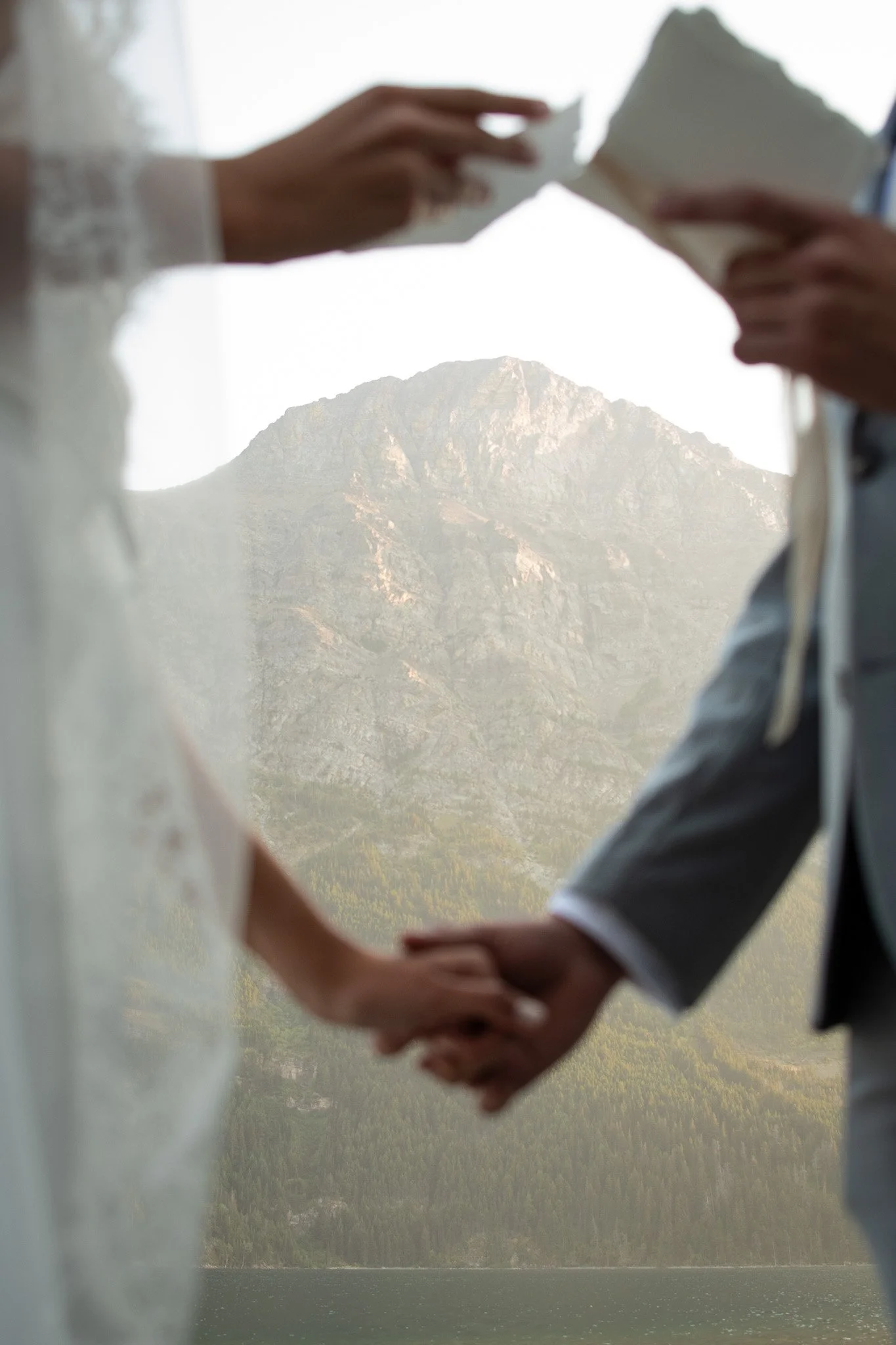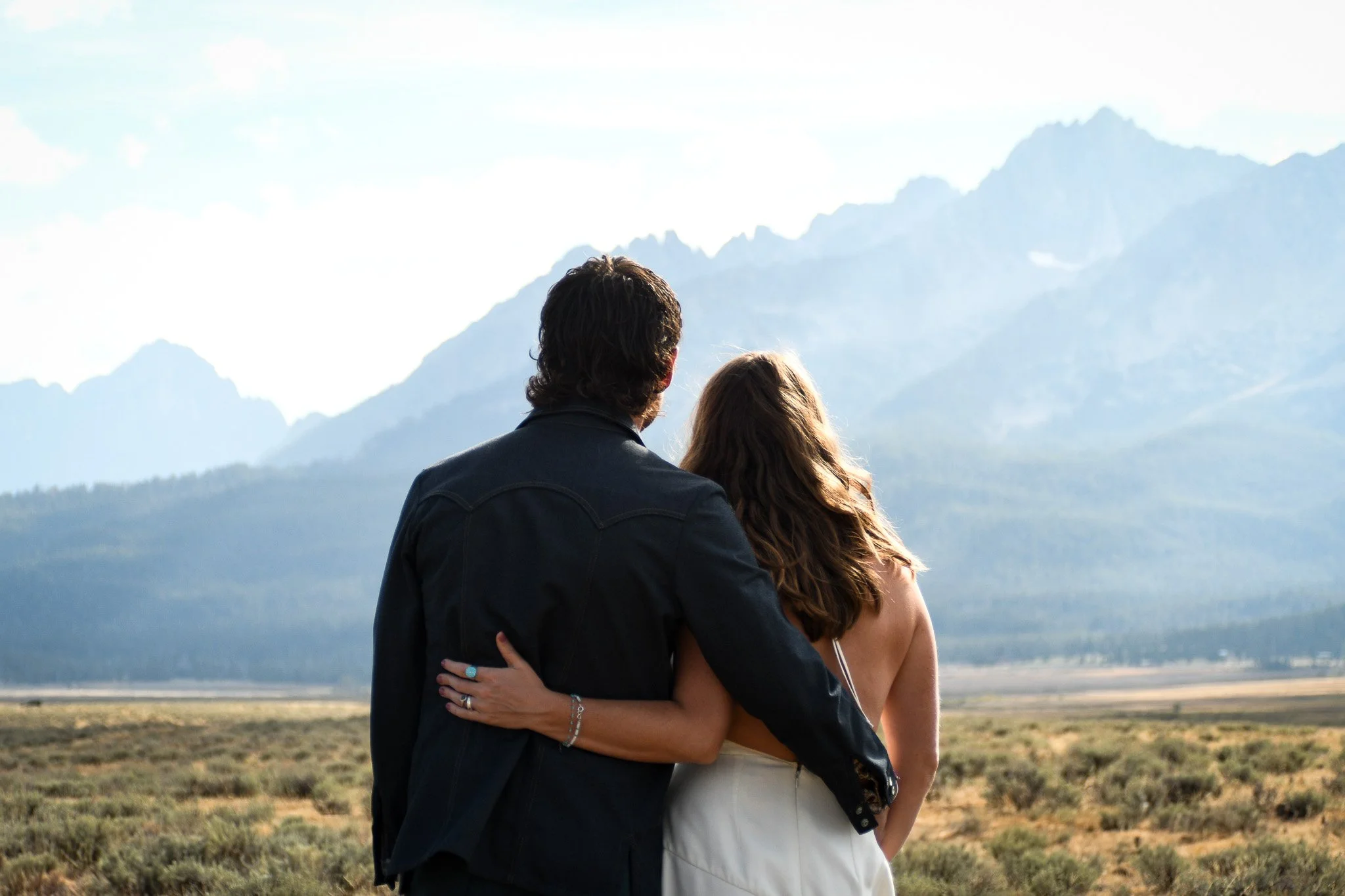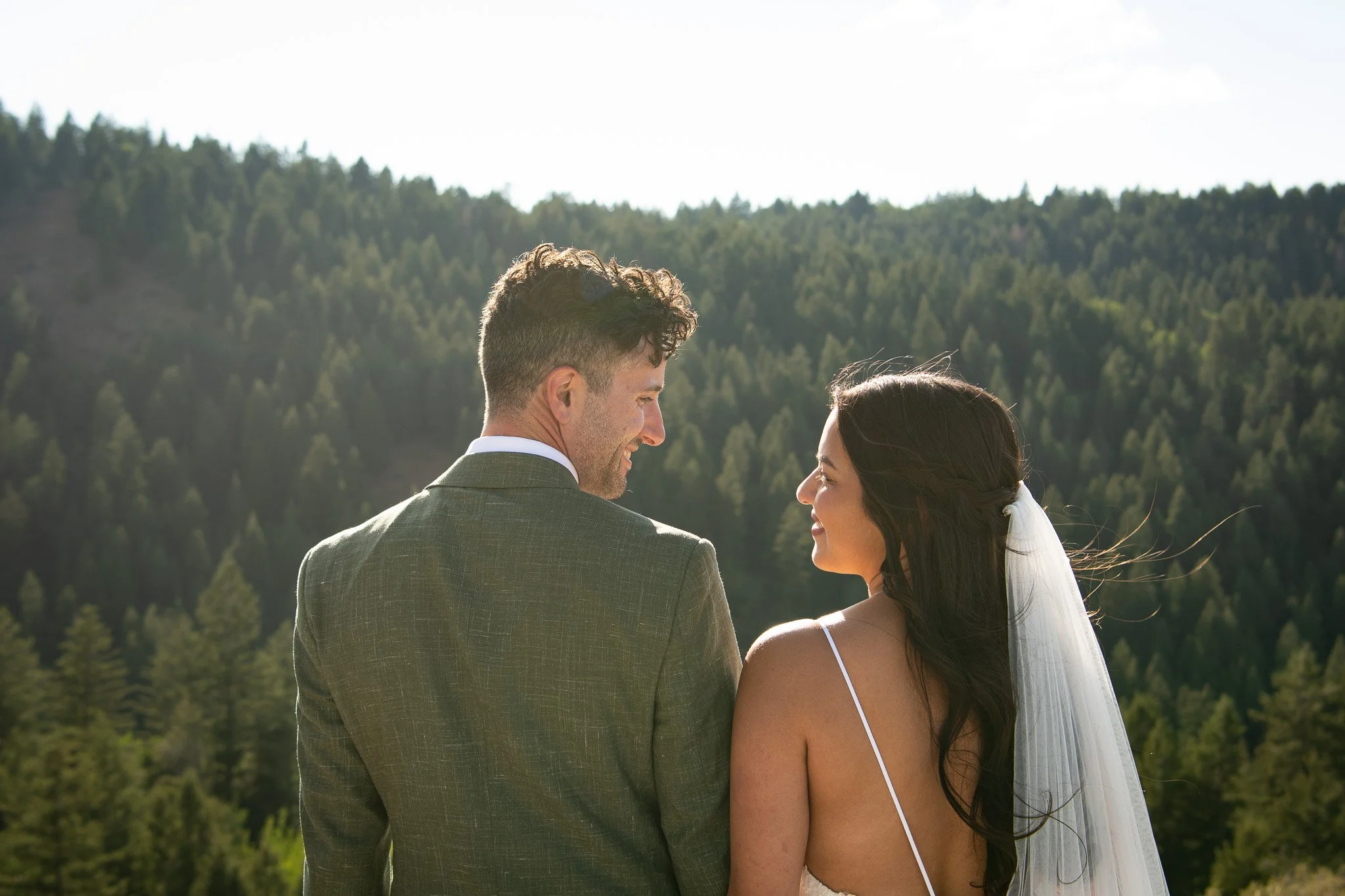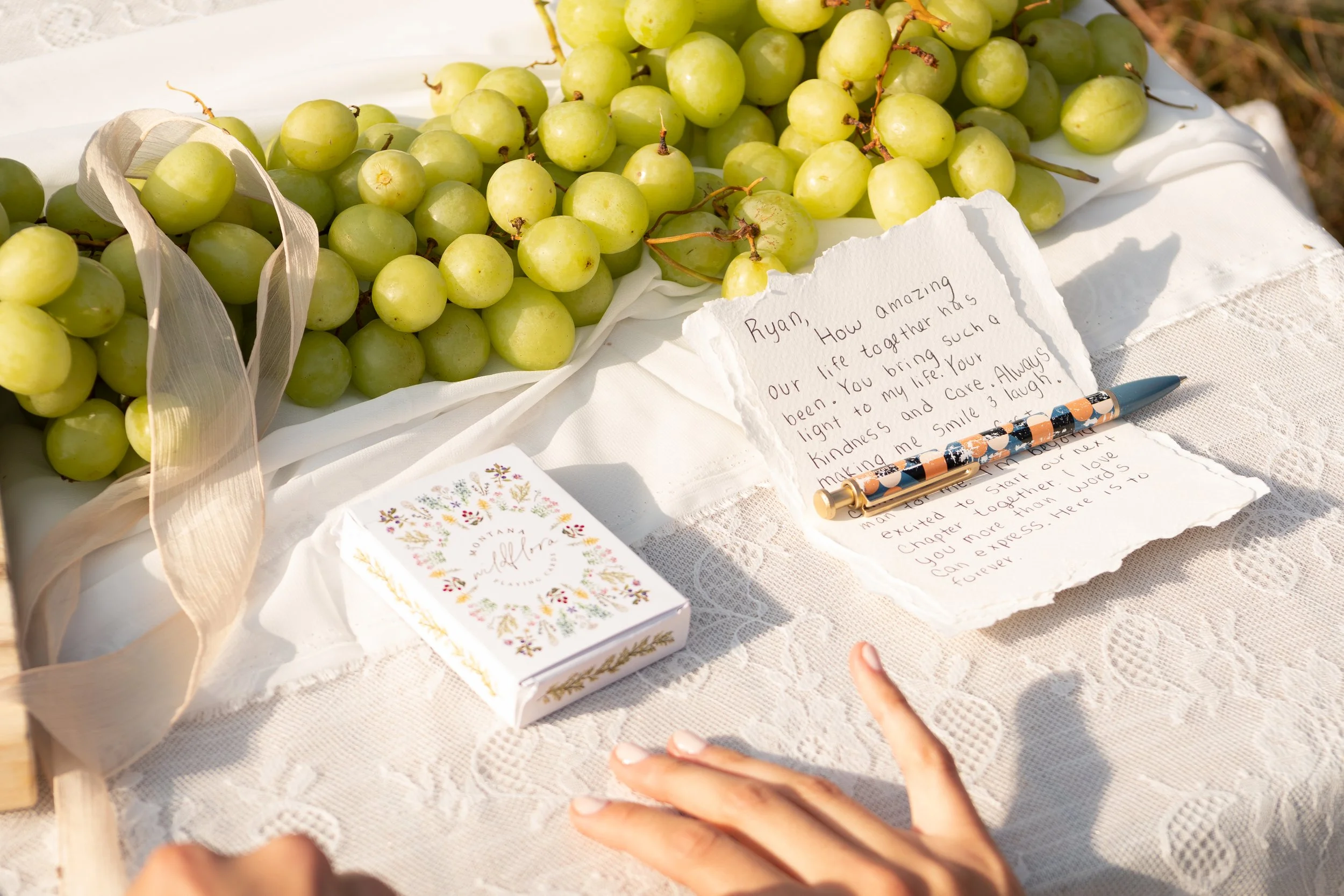How to elope in Idaho: FAQs
frequently asked questions about how to elope in Idaho including the logistics, ideas for activities, and the best seasons for eloping in idaho
What is an elopement?
An elopement is an intimate wedding ceremony characterized by its intentional nature and small guest list.
Do I need witnesses to elope in Idaho?
No, you don’t! Many states require a witness to sign the license, but in Idaho you do not need one!
Do I need an officiant to elope in Idaho?
Yes, you will need to hire or bring one. The American Marriage Ministries is LGBTQ+ friendly. I am a certified bilingual officiant through the American Marriage Ministries and that service is included when you book an elopement with Julia Phelps Photography.
Do we need a permit?
That depends on the location. Many national forests require either a Special Use Permit (SUP) or commercial permit for a photographer/videographer to shoot your ceremony. You will also need one if you’re getting married in a National Park. There is only one National Park in Idaho: Yellowstone National Park. But there are other National Park service sites like City of Rocks and Craters of the Moon among others. It can take between a couple weeks to months to obtain a permit so make sure to give yourself plenty of time.
How do I get a marriage license?
Marriage licenses normally cost around $30 but could be slightly more or less depending on the county. You will need two forms of identification including SSN or passport and another form of identification like driver’s license or state issued ID. https://idaho.gov/family-records/marriage/
When is the best season for eloping in Idaho?
That depends on you! Idaho experiences all four seasons and a ceremony during any of them could be beautiful! A few things to consider:
Spring – spring in Idaho boasts lush green trees and lots of flowers beginning to bloom. This normally happens between the end of April and the middle of June. However, the higher the altitude, there is still likely to be snow in the mountains! A ceremony at 5000 ft and below will allow for greenery and the beginning of blooming spring flowers.
Summer – summer allows for the most freedom in activities including hiking, backpacking, and water sports. It also offers a range of wildflower blooms between June and late July. There may still be snow in the mountain tops into late June, but you can hike into higher elevations without as much concern for snow. One consideration for summer elopements is wildfire season which can range from July through the end of September. Wildfire season limits not only where you can access but also can produce harmful air quality in surrounding areas. Something to consider with a summer elopement especially in later July-early September.
Fall- ALL THE COLORS. If you love golden leaves in aspens and cottonwood trees and fiery maple trees, fall in Idaho is for you. The arrival of fall varies from year to year in Idaho but generally falls between early September and mid-October. Colors will begin to change earlier at higher elevations so plan accordingly when you choose a date. Another consideration will be temperature. In Idaho, days can be quite warm into the 80s and 90s in the fall and then temps may drop into the 40s and even 30s at night. Bring lots of layers!
Winter – winter in Idaho is the perfect time for folks who love snow sports. Options like snowshoeing, nordic skiing, alpine skiing, and backcountry skiing are all available during the winter months in Idaho. Yurt systems are available for multiday excursions and a great option for intimate elopements with just your closest friends or family. Winter generally falls between December and March in Idaho with the heaviest snowfall between January and February. This could be an option for a peaceful snow-covered ceremony on a mountain top or yurt!
What should I bring?
This is a great question and may vary greatly depending on season. Some general rules for adventure elopements in Idaho regardless of season include:
“Cotton kills” – bring wool layers, socks, and mittens, and hats to keep you warm. It will stay warm even if it gets wet.
Sunscreen – you can burn more easily at higher elevations and will want to put some on several times throughout the day.
Rain layers and fly – weather can be fickle at higher elevations and a storm can blow in quickly. Best to be prepared with layers that will keep you warm when wet as well as waterproof layers. Also a good idea to bring a rain fly for your tent or lean-to so you can huddle underneath it if necessary.
A first aid kit
Extra snacks!
What sort of things can I do besides the ceremony?
The sky is the limit! But here are some ideas :)
Hiking
Skiing
Biking
Snowshoeing
Kayaking
Stand-up paddle boarding
Fishing (you’ll need a permit for this one), picnicking
Road-tripping
Camping
Click to enlarge
If you would like to talk more about planning an elopement, please inquire. A consultation call is included in every package and extensive elopement planning is included with all elopement packages. I’ll be with you every step of the way.












